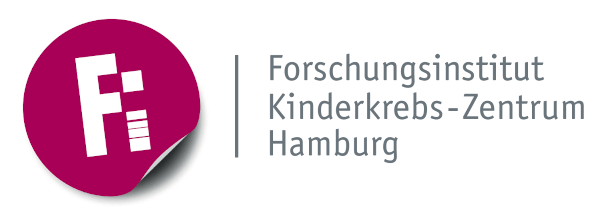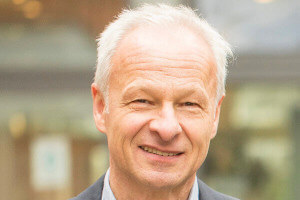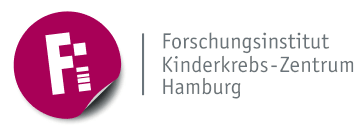New approaches in the treatment of childhood brain tumors: Researchers at the Children's Cancer Center Hamburg publish an innovative therapeutic approach
Medulloblastoma is the most common malignant brain tumor in children. Treating a medulloblastoma requires very intensive multimodal therapy, which includes surgical resection, intensive chemotherapy and, in some cases, radiotherapy. This therapy is very stressful for the children, has numerous side effects and also often leads to serious negative effects on neurocognitive development long after the therapy. Dr. Catena Kresbach from Prof. Dr. Ulrich Schüller's research group has been working intensively with other scientists over the last 4 years on researching an innovative therapeutic approach for medulloblastoma treatment. In a mouse model for childhood medulloblastomas, they investigated the effect of a molecule called vismodegib, which specifically inhibits a signaling pathway that is overactivated in the subgroup of so-called sonic hedgehog medulloblastomas. It is known from previous studies that vismodegib administered orally (as a tablet) achieves very good results in terms of tumor reduction, but causes serious bone side effects in children. Dr. Kresbach and her colleagues were able to show in their recent publication that injecting vismodegib into the cerebrospinal fluid (so-called intraventricular therapy) leads to a significant reduction in the tumor burden. At the same time, intraventricular administration prevented the therapy from having a negative effect on bone growth. Since such intraventricular therapy for children with medulloblastoma is already routinely carried out in the clinic for the chemotherapeutic agent methotrexate, Dr. Kresbach's work forms a valuable basis for treating vismodegib as a future therapy for medulloblastoma in children. The work was recently published in the journal Neuro-Oncology.
















